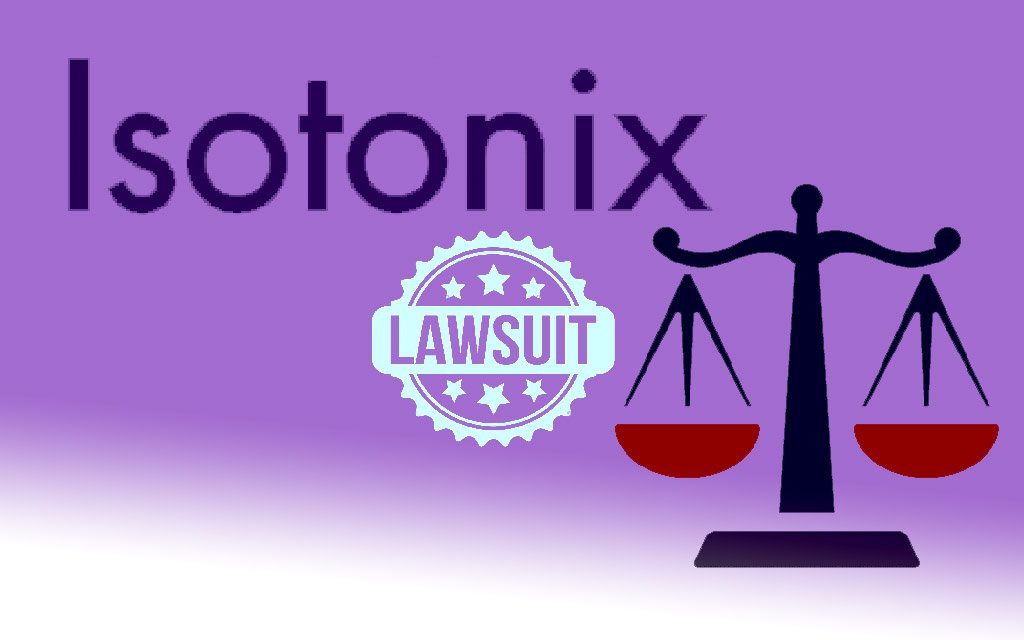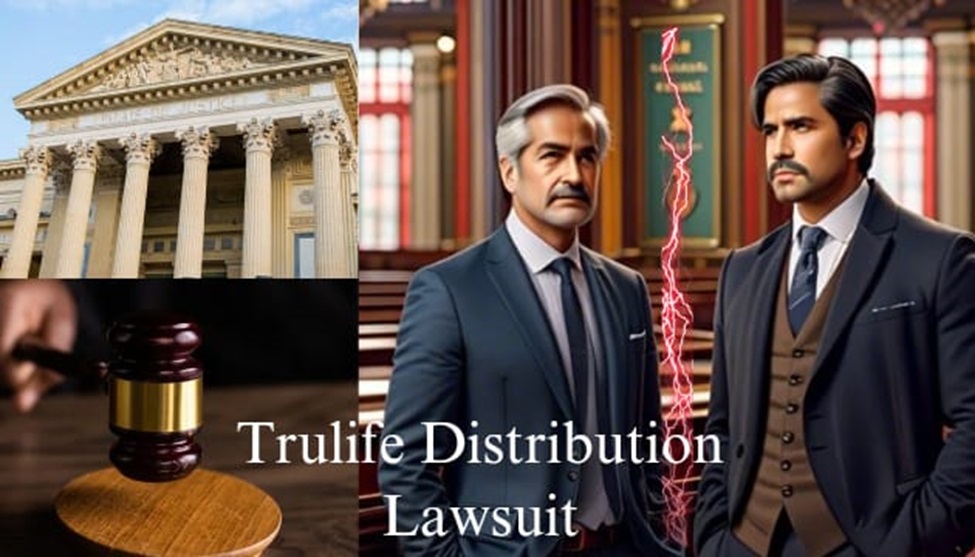The Kerrygold Butter lawsuit has sparked debates. Consumers trusted the brand for its quality and purity, but the allegations of harmful chemicals in its packaging shocked many. The legal battle raised serious concerns, and many consumers questioned whether the company had misled them for years. This article uncovers the latest updates, legal findings, and hidden aspects missed by other reports. It also explores the broader implications of food safety regulations.
The Start of the Kerrygold Butter Lawsuit
A class action lawsuit was filed in February 2023. Kerrygold Butter faced accusations of using packaging that contained PFAS. We call these substances “forever chemicals.” They don’t break down easily. However, the exposure is associated with major health hazards such as reproductive difficulties, developmental disorders, and cancer. Moreover, the complaint claimed Kerrygold neglected to tell customers about the presence of PFAS. Many complained that this omission misled purchasers into thinking the butter was safe.
Experts have stated that PFAS contamination in food products is an increasing problem. Several studies have connected these compounds to immune system damage, liver problems, and thyroid dysfunction. The finding of these compounds in Kerrygold packaging prompted doubts about the company’s testing and quality control procedures. Did the company know about PFAS contamination before the lawsuit? Consumers and regulators demanded answers.
Labeling Claims Under Fire
Kerrygold labeled their butter as “Pure Irish Butter.” Consumers assumed they were purchasing a safe and high-quality product. The detection of PFAS in the packaging refuted this claim. The lawsuit alleged that the label misled buyers. Many people questioned whether the corporation put profit over safety.
Legal experts emphasized that false labeling is a prevalent problem in the food industry. Some corporations utilize ambiguous phrases such as “pure” and “natural” without governmental monitoring. The Kerrygold case became a test of how closely such claims should be monitored. Consumer advocacy groups urged stronger enforcement of labeling rules. They claimed that brands should be held accountable for dishonest marketing.
State Regulations Forced Action
New York and California banned PFAS in food packaging. These laws took effect in late 2022 and early 2023. Kerrygold removed its butter from store shelves in these states. The company then changed its packaging to meet legal standards. This step raised concerns. Why did the company act only when forced by regulations?
Some experts believe Kerrygold had prior knowledge of PFAS contamination. If so, the company failed to take preemptive action. The timing of the packaging change suggested that Kerrygold only acted when financial and legal pressures became too great. This pattern raised questions about corporate responsibility. Should food companies wait until legal action forces them to improve safety standards?
Court Rulings and Legal Developments
In April 2024, a federal judge ruled on the case. The court dismissed the request for a public injunction. However, it allowed claims under the New York General Business Law to proceed. The judge found that consumers might find PFAS exposure a serious issue. Claims of unjust enrichment and negligence per se also moved forward.
Legal analysts described the ruling as significant. It signaled that courts are taking PFAS contamination seriously. The decision set a precedent for similar cases in the future, and companies using PFAS in packaging may now face increased legal scrutiny.
The Final Settlement and Dismissal
By August 2024, both parties agreed to dismiss the case. The court dismissed it with prejudice, which means the lawsuit cannot be refiled. No settlement details were disclosed, and each party bore its legal costs. The lack of transparency left consumers with unanswered questions.
Many class action lawsuits end in confidential settlements, raising concerns about accountability. Did Kerrygold pay compensation to affected consumers? If so, why was the settlement amount not disclosed? These unanswered questions fueled public skepticism, and consumer advocates called for greater transparency in class action settlements involving food safety.
Read also: Duggar Contractor License Lawsuit: Legal Battle, Consumer Impact & Future Regulations
Other Lawsuits Against Kerrygold
This was not Kerrygold’s first legal challenge. In 2018, the company was sued for making false representations about its grass-fed products. The plaintiffs claimed that Kerrygold cows consumed genetically modified cereals, soy, and maize. The company claimed the label never stated “100% grass-fed.” The court ruled in favor of Kerrygold, and the case was dismissed.
This previous lawsuit revealed a pattern. Kerrygold faced repeated accusations of misleading consumers. Although the company won legal victories, its reputation suffered. Many consumers now viewed the brand with skepticism. Could another similar lawsuit emerge in the future?
Consumer Reactions and Trust Issues
Many consumers felt betrayed. Kerrygold built its reputation on quality and purity, and the lawsuit damaged this image. Social media exploded with angry reactions. Some vowed never to buy the butter again. Others defended the brand, saying the issue was limited to packaging.
Several online petitions called for more transparency, and consumer watchdog groups urged regulators to investigate further. Some grocery stores reported a decline in Kerrygold sales. The backlash showed that modern consumers demand more than just legal compliance. They expect ethical business practices.
What Experts Say About PFAS in Packaging
Scientists warn about PFAS exposure. These chemicals accumulate in the body. Long-term exposure increases health risks. Food packaging should not contain harmful substances. Experts urge companies to adopt safer alternatives. They stress the importance of transparency in labeling.
Regulators are now considering stricter PFAS bans. Some countries have already prohibited their use in food packaging. The European Union is exploring tighter regulations. The Kerrygold case may influence future laws on chemical safety in food products.
Hidden Aspects Most Reports Missed
Several key details were overlooked in mainstream reports:
- Delayed action: Kerrygold changed packaging only when legally required. Why did it not act sooner?
- Lack of settlement disclosure: Many lawsuits end in financial settlements, but this case did not reveal any such details.
- Previous lawsuit connection: The grass-fed claim lawsuit raised doubts earlier. Did this influence consumer perception?
- Regulatory loopholes: Kerrygold operated legally but faced ethical concerns. Should laws be stricter on misleading claims?
- Impact on other brands: Many other food companies use PFAS in packaging. Could this case set off a wave of lawsuits?
The Future of Kerrygold and Consumer Trust
The brand faces a challenge. Regaining consumer trust will not be easy. Transparency and proactive action could help restore confidence. Companies must ensure product safety before legal pressures force them to act.
Industry experts believe Kerrygold must take stronger steps. Publicly disclosing safety measures, committing to chemical-free packaging, and adopting stricter quality controls could help. Without these changes, the company may continue to lose customers.
Conclusion
The Kerrygold Butter lawsuit exposed serious concerns. PFAS chemicals in food packaging pose health risks. The legal battle raised questions about corporate responsibility. Consumers expect honesty from brands. Transparency and ethical business practices build trust. Companies must prioritize safety to protect their reputation. The Kerrygold case serves as a warning to the entire food industry.


